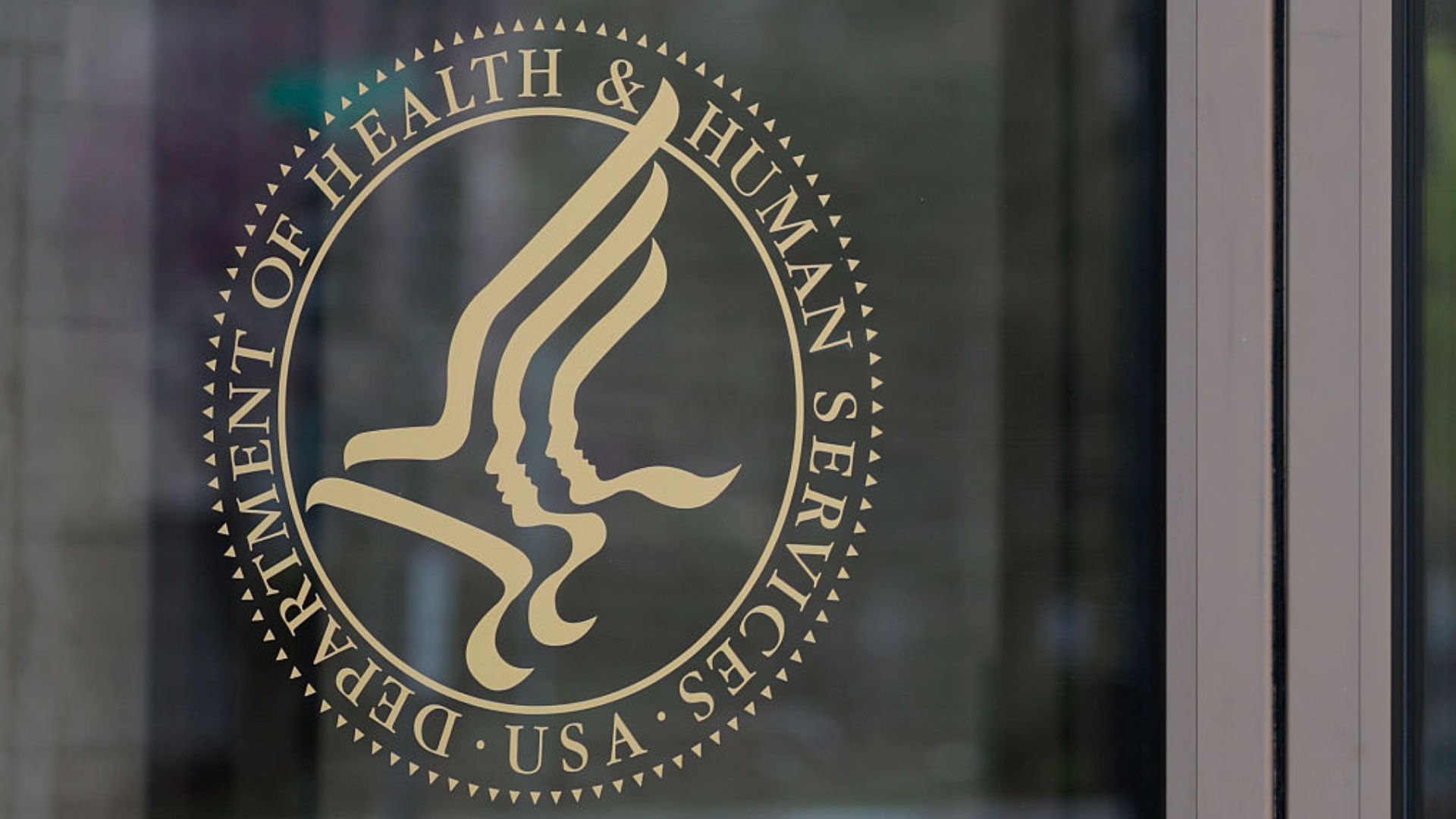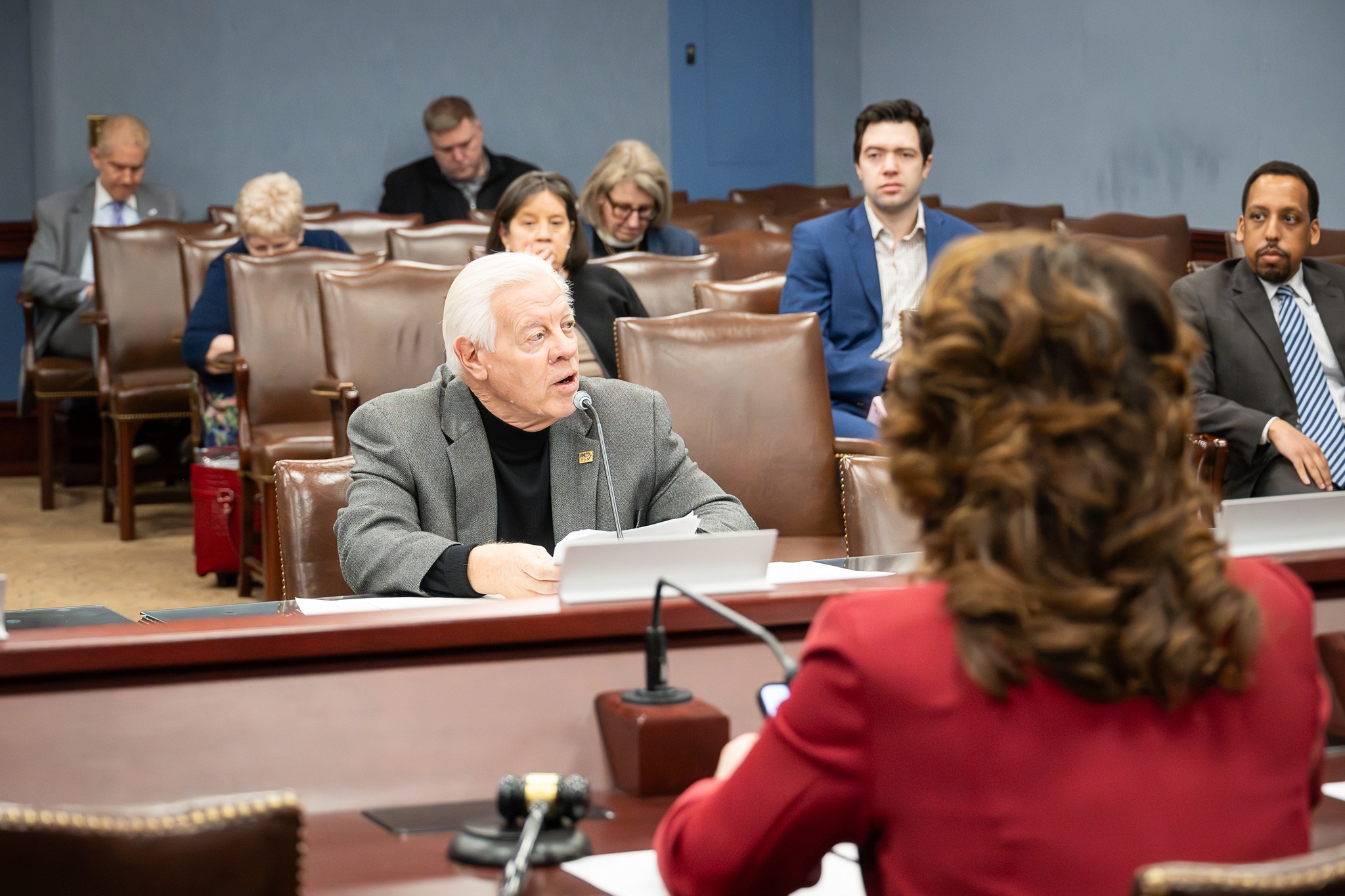Two startups that aim to make it easier for consumers to connect with dietitians and nutrition counseling each raised $50 million as demand grows for metabolic health solutions.
Fay connects individuals with insurance-covered registered dietitians who provide personalized nutrition and lifestyle counseling. The startup raised a $50 million series B round by Goldman Sachs at a $500 million valuation. Existing investors General Catalyst and Forerunner also participated in the round.
Fay has raised a total of $75 million, following its $25 million series A round last year.
“Our AI-driven platform gives dietitians ‘superpowers,’ automating burdens like insurance claims, scheduling, and patient follow-ups so they can focus on providing intimate and thoughtful care. By analyzing vast amounts of information, our platform helps dietitians craft more precise, personalized journeys for their clients, including supplement recommendations, hyper-curated shopping carts, and lab analyses to drive prevention initiatives for employers and insurers,” Sammy Faycurry, co-founder and CEO, said in a statement.
Founded in 2022, Fay has grown its network of registered dietitians to more than 2,300 and now integrates with major health plans including United Healthcare, Aetna CVS, Blue Cross, Anthem, Cigna, Optum and Humana. The company claims that its services are available to 200 million Americans who can receive personalized nutrition and lifestyle counseling with “little to no out-of-pocket cost.”
Fay also works with employers like Amazon, Microsoft and Pepsi to expand access to dietitian care covered by insurance.
The company plans to use the latest investment to further accelerate growth and expand its offerings for both dietitians and clients.
About half of all American adults—117 million individuals—have one or more preventable chronic disease, many of which are related to poor quality eating patterns and physical inactivity, according to the U.S. Department of Agriculture.
Nutrition counseling startups see an opportunity to shift healthcare’s focus to preventive, nutrition-led care.
Berry Street, founded by Noah Kotlove and Jesse Rose in 2023, developed a nutrition counseling platform and provides a network of more than 1,000 registered dietitians with tools for managing an independent practice. Berry Street’s dietitians range from individual specialists to large group practices.
The startup secured a $50 million investment from Northzone, Sofina, FJ Labs, the founder of Revolut, a co-founder of Spring Health, a co-founder of Grow Therapy and the CEO of Found, among others.
Berry Street will use the funding to continue to expand its network of providers as well as build out both its consumer nutrition platform and its suite of provider AI tools to “drive better health outcomes for patients and increased revenue for its network of dietitian practices,” the company said in a press release.
Berry Street executives said the startup is helping address the growing nutrition crisis in America, connecting patients with registered dietitians for one-on-one counseling—typically 100% covered by insurance with $0 out-of-pocket for patients. The company’s programs pair dietitian care with an AI-supported patient-facing app.
The growth of GLP-1 medications can be a tailwind for personalized nutrition startups as consumers and investors are increasingly interested in metabolic health and lasting behavior change for better health.
Wendy Xiao, partner at Berry Street investor Northzone, said, “The data around diet behavior change that Berry Street is building will help them win in this market with payers who are renewing their interest in this category due to the tremendous impact of GLP-1s. On the consumer side, we also believe that these drugs have given us a taste of how good it can feel to lead a healthy lifestyle, now we are ready to change their behaviors around eating in order to sustain the results.”
While nearly two-thirds of Americans are eligible for this insurance-covered nutrition care, this benefit remains extremely underutilized due to the many administrative challenges dietitians face in entering private practice: lengthy and complex insurance enrollment processes, burdensome billing requirements and outdated software options, according to the company.
Berry Street aims to remove these barriers with its “AI-enabled business-in-a box tools” that automate back-office healthcare functions and simplify the process of accepting insurance, offering virtual care, clinical documentation and patient communications.
“For far too long, the legacy U.S. healthcare model has ignored the crucial role that food plays in our physical and mental wellbeing. And as a result, Registered Dietitians have been an afterthought—despite the clear improvements they can drive in both patient outcomes and overall healthcare costs,” Kotlove, co-founder and CEO of Berry Street, said in a statement. “We started Berry Street to empower dietitians to build private practices and ultimately establish their rightful role on every American’s care team. Nutrition care has the potential to positively impact any patient’s quality of life, whether addressing an existing condition or as preventative care.”
The startup says it has inked partnerships with more than 1,250 insurance plans nationwide including Aetna, Anthem, Cigna, UnitedHealthcare and several Blue Cross Blue Shield affiliates. The platform also partners with large enterprises such as WeightWatchers and Mayo Clinic Diet. It plans to expand into other channels such as payers and employers in order to reshape the healthcare journey for the hundreds of millions of Americans whose lives can be significantly improved with better nutrition.
Other companies in this space include telenutrition platform Foodsmart, which banked a $200 million investment from The Rise Fund last year.
Foodsmart provides telenutrition services and food benefits management to 2.2 million members of employer-sponsored health plans, regional and national Medicaid managed care organizations, Medicare Advantage plans and commercial insurers. It also partners with Advocate Health, Intermountain Health and the Memorial Hermann Health System.
Nourish picked up $35 million in series A funding last March. The startup also plans to up its investment in AI-powered tools to enhance personalization for patients and streamline administrative workflows for registered dietitians.
In December, Culina Health, a telenutrition company, raised $7.9 million in a series A funding round led by Healthworx, the innovation and investment arm of CareFirst BlueCross BlueShield.
Publisher: Source link









